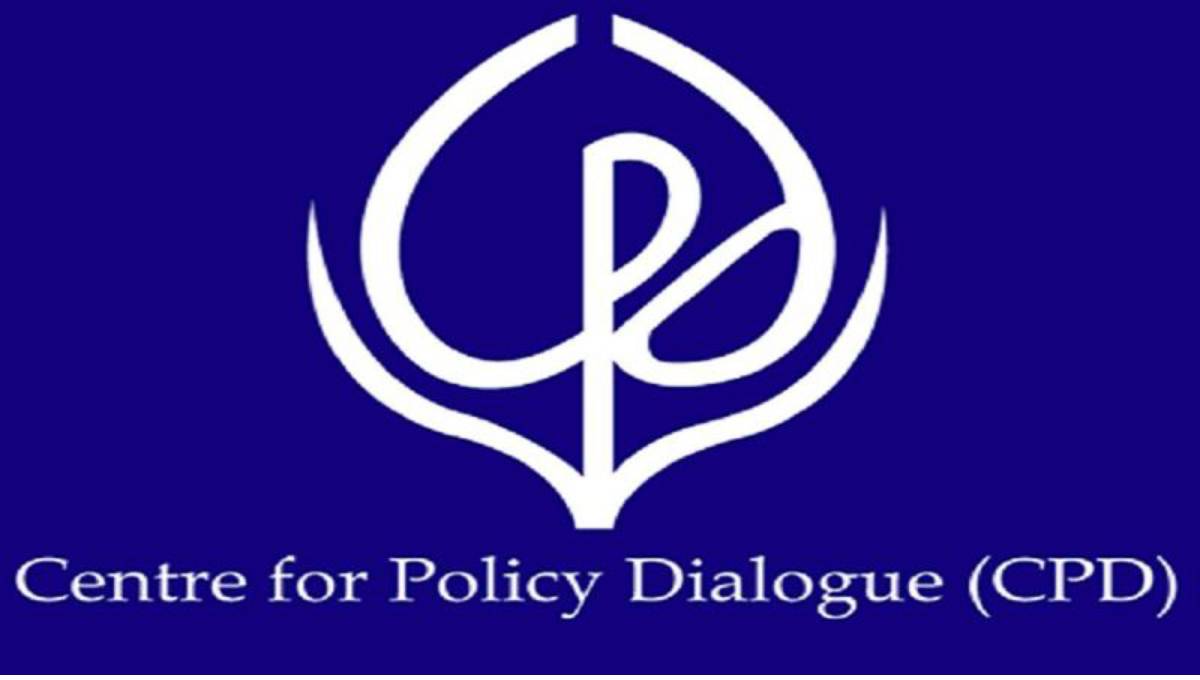
DHAKA, Oct 03, 2023 (BSS) - Experts at a dialogue today laid emphasis on developing a comprehensive strategy that covers all aspects of a green transition for the textile and Readymade Garments (RMG) sectors based on stakeholder consultation and evidence-based analysis.
They observed that the strategy should include short-term and long-term goals, indicators, targets, timelines, roles, responsibilities, budgets, and monitoring mechanisms.
They made the observation at the dialogue titled
"Securing Green Transition of the Textile and Readymade Garments Sector in Bangladesh," at a city hotel.
State Minister for Planning Dr Shamsul Alam attended the dialogue as the chief guest while Swedish Ambassador in Dhaka Alexandra Berg Von Linde and European Union Ambassador to Bangladesh Charles Whiteley were present as guests of honour.
Vice President of the Bangladesh Garment Manufacturers and Exporters Association (BGMEA) Md Shahidullah Azim, Deputy Head of Mission of the Embassy of the Kingdom of the Netherlands in Bangladesh Thijs Woudstra and Founding Member and Executive Director of the Bangladesh Center for Workers Solidarity (BCWS) Kalpona Akter delivered comments as distinguished discussants.
The session was chaired by CPD Executive Director Dr Fahmida Khatun while Research Fellow Muntaseer Kamal presented the keynote paper.
In his speech, Shamsul Alam informed that the government is going to prepare the 9th Five Years Plan.
The study on green transition for the textile and Readymade Garments (RMG) sectors will help taking a green strategy in the 9th Five Years Plan, he added.
At the key note speech, Muntaseer Kamal recommended creating a task force or committee to review policies and regulations related to the green transition in the textile and RMG sector
This will help identify any ambiguities or contradictions and take timely actions to address them, promoting a conducive environment for green transition, he added.
He underscored the need for developing a common framework for green standards and certification procedures based on international best practices and market requirements.
All firms would adhere to the same environmental benchmarks with a uniform standard, he added.
Moreover, he said, a uniform certification procedure would make it easier and less costly for factories to obtain green certifications required by various buyers.
He laid emphasis on technical assistance and guidance could be provided to factories to help them in implementing green standards and certification procedures, such as conducting audits, improving energy and water efficiency, reducing waste including chemical waste, and using renewable energy sources.
He stressed providing market-driven incentives, such as tax breaks and subsidies, for factories that invest in sustainable production processes.
These incentives should be aligned with the sectoral climate goals and environmental standards, he added.
He also recommended providing tax incentives to small and medium factories which want to import effluent treatment plants and obtain green certificates.
He urged for establishing a green skills development fund for supporting firms as they can provide training for their workers on energy efficiency, waste management, and circular economy.
"Buyers, international development partners, and industry association can contribute to this fund. Also, a levy on high-carbon energy sources or a portion of the green incentives for firms could finance the fund," he added.